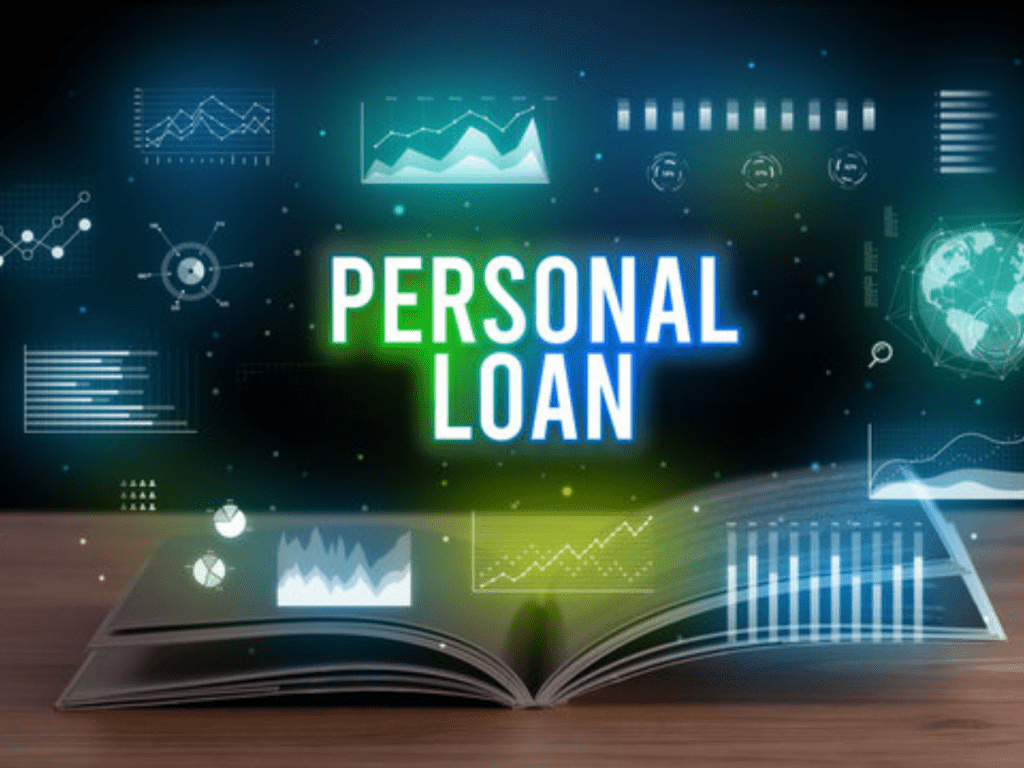Introduction
When it comes to borrowing money, most people turn to personal loans or credit cards. These two financing options serve different purposes, have distinct features, and offer various advantages depending on your financial needs. Deciding between a personal loan and a credit card depends on several factors, including the amount you need to borrow, your credit score, interest rates, and repayment terms. In this article, we’ll compare personal loans and credit cards in detail to help you make an informed decision about which option is better suited for you.
Understanding Personal Loans
A personal loan is a type of unsecured loan that allows you to borrow a fixed amount of money, typically ranging from $1,000 to $100,000 or more. Personal loans usually come with a fixed interest rate and a set repayment schedule, often ranging from two to seven years. These loans are often used for large expenses such as home improvements, medical bills, weddings, or consolidating debt.
Personal loans can be obtained from various financial institutions, including banks, credit unions, and online lenders. Since personal loans are unsecured, they do not require collateral, which makes them an attractive option for borrowers who don’t own significant assets. The application process typically involves a credit check, and your approval will depend on factors such as your credit score, income, and debt-to-income ratio.
One of the main benefits of personal loans is that they often offer lower interest rates than credit cards, especially for borrowers with good credit. Additionally, personal loans have fixed interest rates, meaning your monthly payments will remain the same throughout the loan term, making it easier to budget for the loan repayment.
Understanding Credit Cards
A credit card is a revolving line of credit that allows you to borrow money up to a predetermined limit. Unlike personal loans, which offer a lump sum, credit cards allow you to borrow and repay funds repeatedly as long as you stay within your credit limit. The amount of credit you can access depends on your creditworthiness and the type of credit card you have. Credit cards typically come with higher interest rates than personal loans, and if you carry a balance from month to month, you’ll be charged interest on the outstanding amount.
Credit cards are highly flexible and can be used for a wide variety of purchases, from everyday expenses like groceries and gas to larger expenses such as vacations or electronics. Many credit cards also offer rewards programs, which allow you to earn cash back, travel points, or other benefits for every dollar you spend. However, credit cards can quickly become expensive if you accumulate debt and carry a balance over time due to high interest rates and fees.
Unlike personal loans, credit cards do not have a fixed repayment term. You are required to make at least a minimum payment each month, but you can choose to pay off more if you wish. The flexibility of credit cards is one of the reasons they are so popular, but it can also be a disadvantage if you’re not careful with your spending.
Key Differences Between Personal Loans and Credit Cards
- Loan Amount: Personal loans typically offer higher borrowing limits than credit cards, which makes them a better option for larger expenses. While credit cards may allow you to borrow a few thousand dollars, personal loans often provide tens of thousands of dollars, depending on your creditworthiness.
- Interest Rates: Personal loans generally have lower interest rates compared to credit cards. Interest rates on personal loans usually range from 5% to 36%, while credit cards can charge anywhere from 15% to 25% or more, especially if you carry a balance. This makes personal loans more cost-effective for borrowers with good credit.
- Repayment Terms: Personal loans come with fixed repayment terms, which means you will know exactly how much you need to pay each month for the duration of the loan. Credit cards, on the other hand, allow you to make a minimum payment each month, but the repayment period is not fixed. If you carry a balance, the interest charges can make it take much longer to pay off your debt.
- Flexibility: Credit cards offer more flexibility than personal loans. You can use your credit card for a variety of purchases and only pay interest on the amount you borrow. Personal loans, however, provide a lump sum and a fixed repayment plan, which may be better for borrowers who want predictability in their payments.
- Credit Score Impact: Both personal loans and credit cards can affect your credit score. Opening a new credit card or applying for a personal loan results in a hard inquiry on your credit report, which can temporarily lower your score. However, personal loans can have a more significant impact on your credit score over time, especially if you use them for debt consolidation. On the other hand, credit card utilization (the ratio of your credit card balance to your credit limit) has a significant effect on your credit score, and maintaining high balances can negatively impact your score.
- Fees: Credit cards often come with annual fees, late payment fees, and foreign transaction fees, in addition to interest charges. While personal loans do not typically have these fees, some lenders may charge origination fees, which can add to the overall cost of the loan.
When to Use a Personal Loan
Personal loans are ideal for large, one-time expenses that you want to pay off over a set period. Here are some situations where a personal loan might be the better option:
- Debt Consolidation: If you have multiple high-interest debts, such as credit card balances, a personal loan can help you consolidate them into one loan with a lower interest rate. This can save you money on interest and simplify your payments.
- Home Improvements: If you need a large sum of money for home renovations or repairs, a personal loan might be a good option. Since personal loans typically offer larger amounts than credit cards, they are well-suited for significant home improvement projects.
- Medical Expenses: Medical bills can quickly add up, and a personal loan may help you cover them without relying on high-interest credit cards.
- Weddings or Major Life Events: If you’re planning a wedding or another major life event, a personal loan can provide the funds you need upfront and allow you to repay the amount over time.
- Avoiding High-Interest Debt: If you have high-interest credit card debt and need to borrow more money, a personal loan with a lower interest rate can help you save money on interest in the long run.
When to Use a Credit Card
Credit cards are ideal for smaller, everyday expenses or purchases that you can pay off quickly. Here are some situations where using a credit card might be a better choice:
- Ongoing Purchases: If you have regular, recurring expenses (like groceries, gas, or subscription services), a credit card is convenient and can help you manage these payments. You can also earn rewards on your purchases, depending on your card.
- Short-Term Borrowing: If you need to make a purchase and have the means to pay it off quickly, a credit card can be a good option. Many credit cards offer 0% APR introductory offers, allowing you to make purchases and pay them off over time without paying interest (as long as you pay the balance before the introductory period ends).
- Building Credit: If you’re trying to build or improve your credit score, responsibly using a credit card can help. By making timely payments and keeping your credit utilization low, you can demonstrate to lenders that you are a responsible borrower.
- Emergencies: In case of an emergency, a credit card can offer immediate access to funds without the need to go through a lengthy loan application process. However, it’s important to pay off the balance quickly to avoid accumulating high interest charges.
Conclusion
The decision between a personal loan and a credit card ultimately depends on your financial goals and the nature of your borrowing needs. Personal loans are a better option for large, one-time expenses or debt consolidation, thanks to their lower interest rates and fixed repayment terms. On the other hand, credit cards are more flexible and convenient for everyday purchases and short-term borrowing, especially if you can pay off the balance quickly to avoid high interest charges.
Before choosing between a personal loan and a credit card, carefully consider your credit score, the interest rates, and your ability to repay the debt. Both options can help you manage your finances, but it’s essential to use them responsibly to avoid accumulating debt that can negatively impact your financial future.

